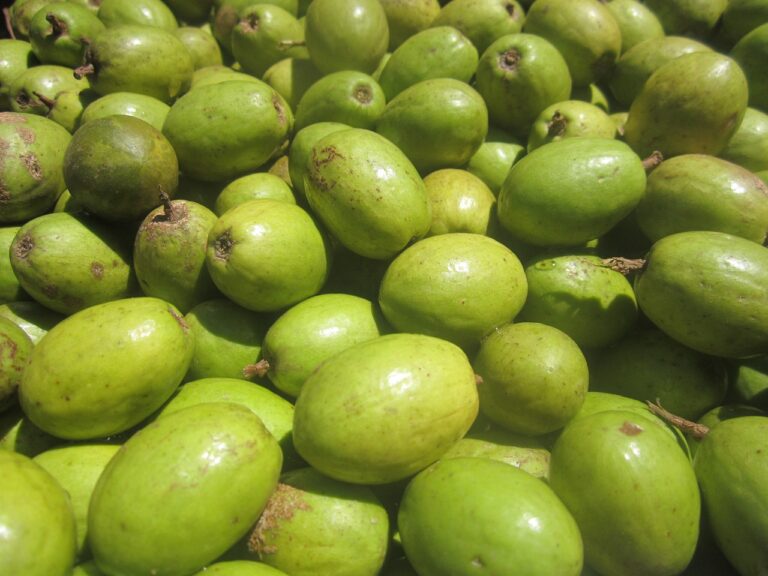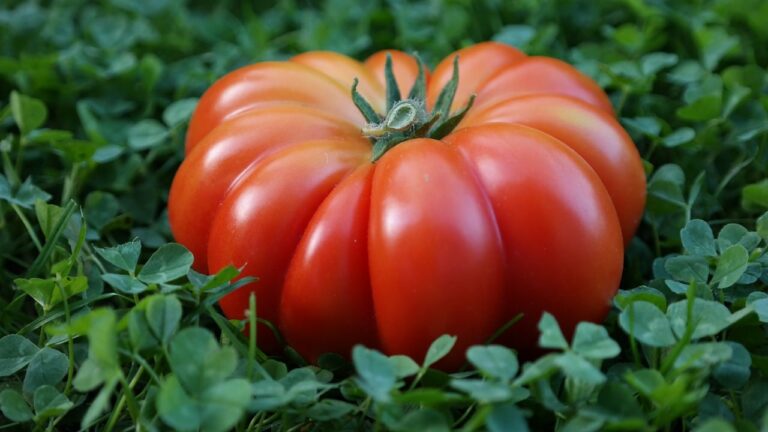The Impact of Food Transportation on Nutrient Quality: Diamond exchange, Sky99exch com login, Www.reddy book.club login
diamond exchange, sky99exch com login, www.reddy book.club login: The Impact of Food Transportation on Nutrient Quality
Have you ever wondered how the food you eat travels from the farm to your plate? The journey that food takes from the field to your local grocery store involves a complex process of transportation, storage, and distribution. While modern transportation systems have made it possible for us to enjoy a wide variety of foods from around the world, the impact of food transportation on the nutrient quality of our food is often overlooked.
In this blog post, we will explore the impact that long-distance transportation can have on the nutrient content of fruits, vegetables, and other perishable foods. We will also discuss some strategies that can help preserve the nutritional quality of food during transportation and storage.
The Journey of Food
Before we delve into the impact of transportation on nutrient quality, let’s take a closer look at the journey that food takes from the farm to your table. When fruits and vegetables are harvested, they begin to lose nutrients immediately. Enzymes within the plant cells break down vitamins and minerals, leading to a gradual decline in nutrient content.
Once foods are harvested, they are typically transported from the farm to a processing facility or distribution center. From there, they may travel hundreds or even thousands of miles before reaching their destination. During this journey, foods are exposed to fluctuating temperatures, humidity, and light, all of which can degrade the nutrient content of the food.
The Impact of Transportation on Nutrient Quality
The long-distance transportation of food can have a significant impact on the nutrient quality of fruits, vegetables, and other perishable foods. As foods travel long distances, they are exposed to a variety of environmental factors that can affect their nutritional content. For example, exposure to heat and light can cause the breakdown of vitamins such as vitamin C and folate, while fluctuating temperatures can accelerate the decay of enzymes that help preserve the nutrient content of food.
In addition to environmental factors, the length of time that food spends in transit can also impact its nutrient quality. Foods that spend several days or weeks in transit are more likely to experience nutrient loss compared to foods that are consumed shortly after harvesting. This is because the longer a food sits in storage or transit, the more time there is for enzymes and other factors to break down the nutrients in the food.
Preserving Nutrient Quality During Transportation
While the transportation of food can have a negative impact on nutrient quality, there are steps that can be taken to help preserve the nutritional content of fruits, vegetables, and other perishable foods. One common strategy is to use refrigerated transportation to help maintain the freshness of food and slow down the degradation of nutrients. By keeping foods at the proper temperature during transit, it is possible to minimize the loss of nutrients and extend the shelf life of the food.
Another key strategy for preserving the nutrient quality of food during transportation is to minimize the time that food spends in transit. This can be achieved by optimizing transportation routes, reducing the number of intermediaries involved in the distribution process, and using efficient logistics systems to expedite the movement of food from farm to table.
FAQs
Q: What are some of the most perishable foods that are sensitive to transportation conditions?
A: Some of the most perishable foods that are sensitive to transportation conditions include leafy greens, berries, herbs, and tropical fruits.
Q: How can consumers help minimize the impact of transportation on nutrient quality?
A: Consumers can help minimize the impact of transportation on nutrient quality by purchasing local and seasonal produce whenever possible, supporting farmers markets and community-supported agriculture programs, and growing their own fruits and vegetables at home.
Q: Are there any specific vitamins or minerals that are particularly sensitive to transportation conditions?
A: Yes, vitamins such as vitamin C, folate, and vitamin B6 are particularly sensitive to transportation conditions, as they can degrade rapidly when exposed to heat, light, and air.
In conclusion, the transportation of food plays a crucial role in the overall quality and freshness of the food we consume. While the journey from farm to table may have an impact on the nutrient content of our food, there are steps that can be taken to help preserve the nutritional quality of fruits, vegetables, and other perishable foods. By understanding the impact of food transportation on nutrient quality and implementing strategies to minimize nutrient loss, we can ensure that the food we eat is as nutritious and delicious as possible. Thank you for reading!







